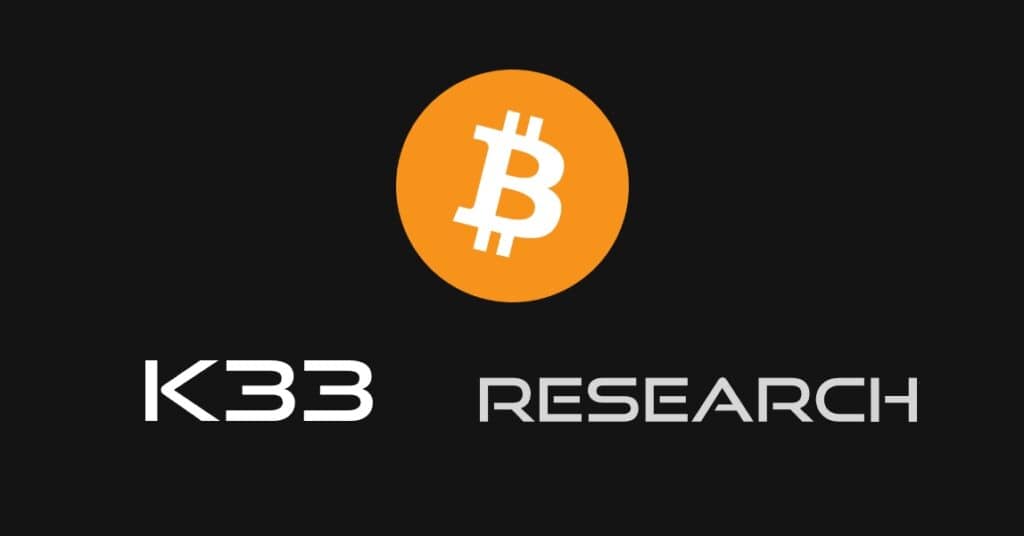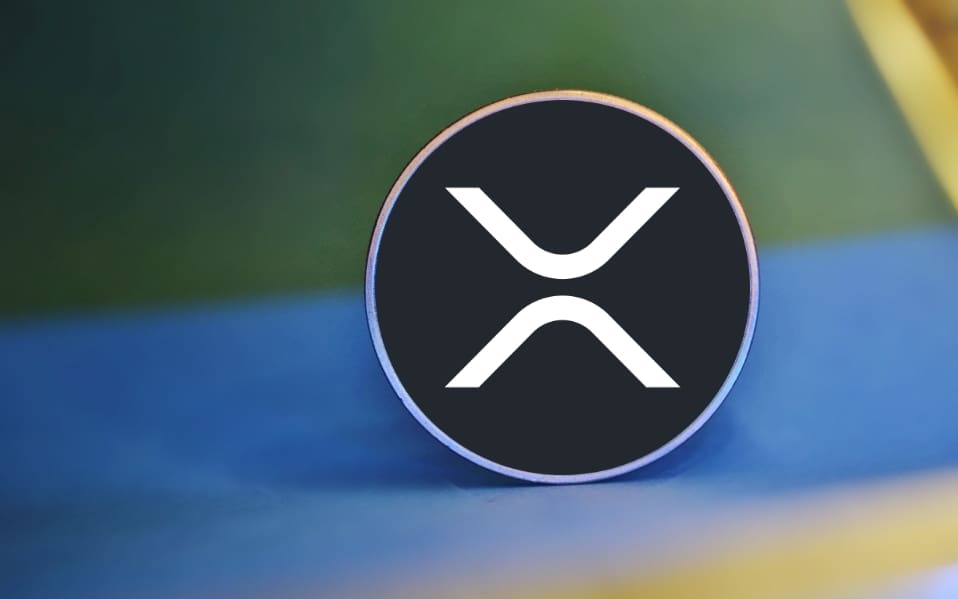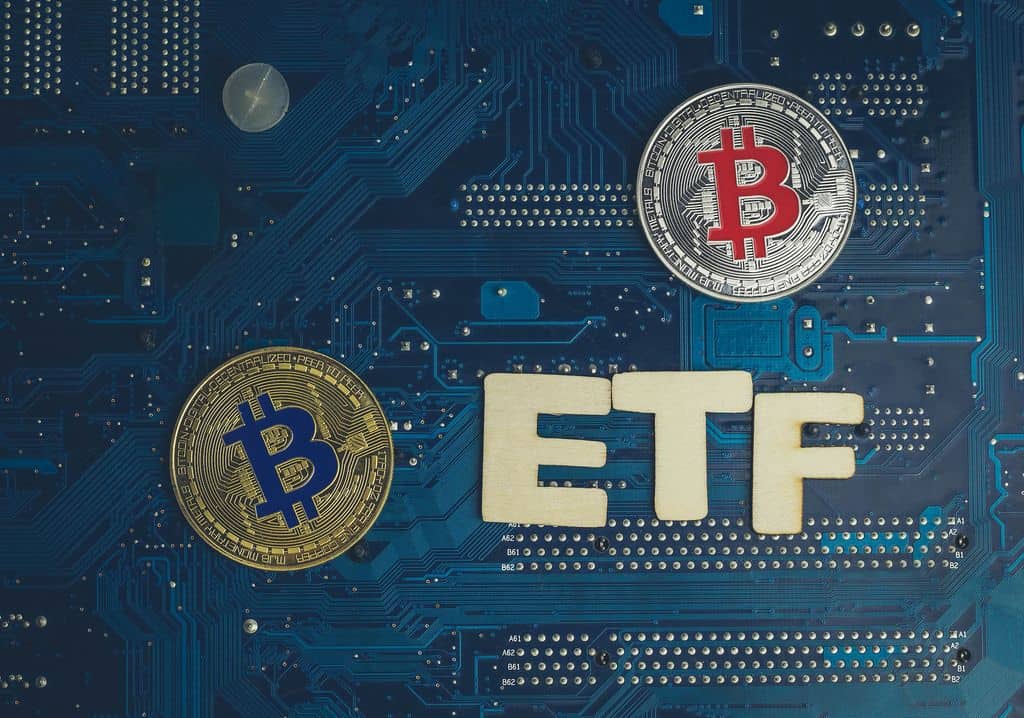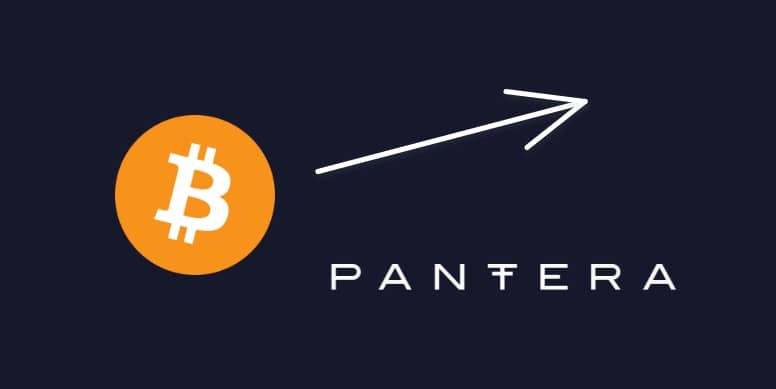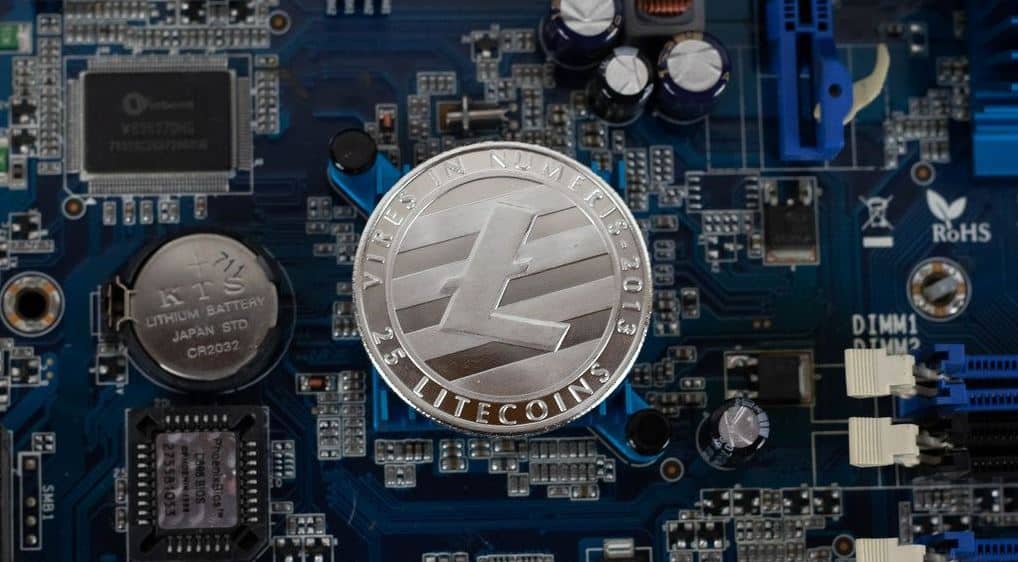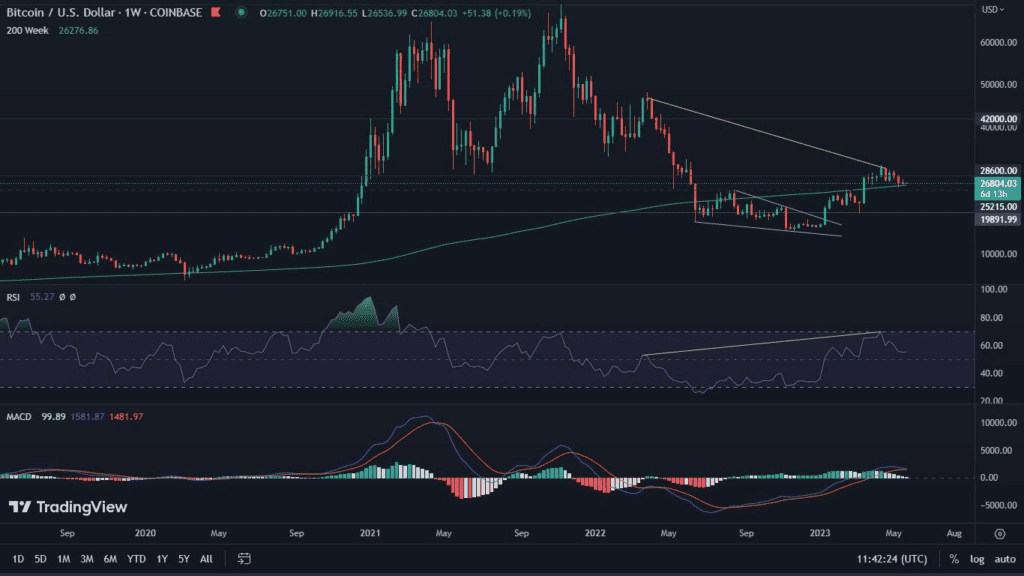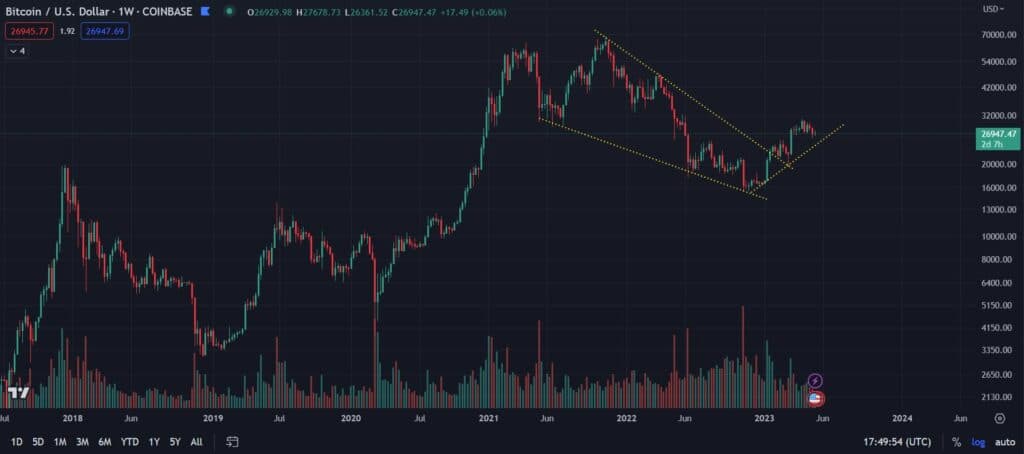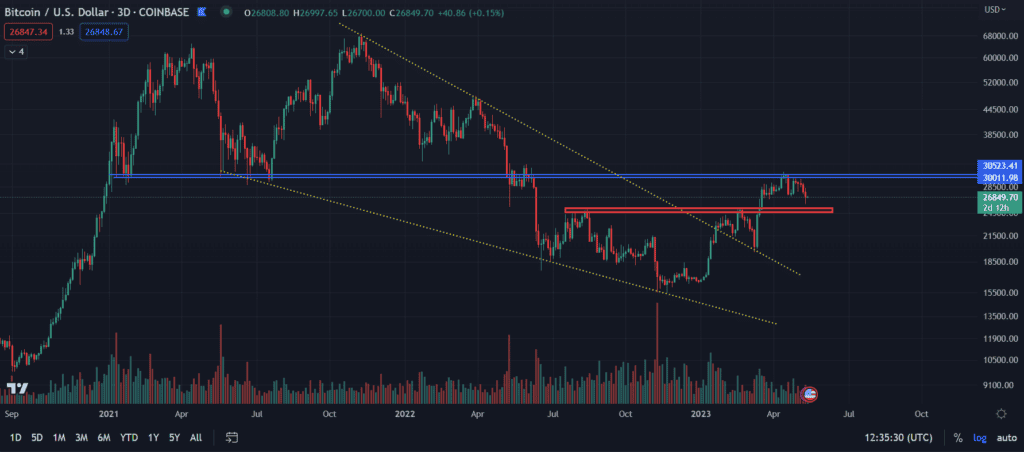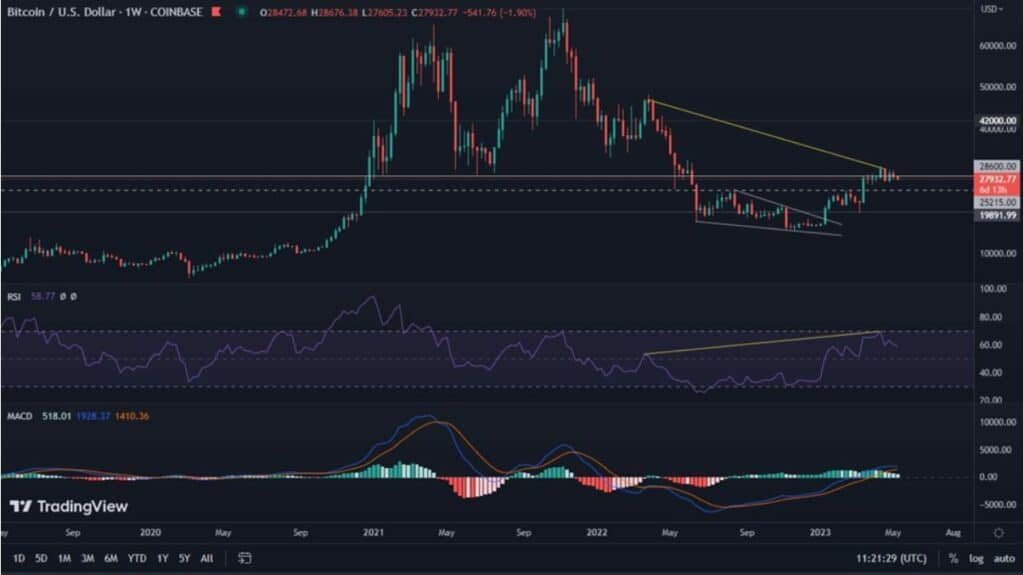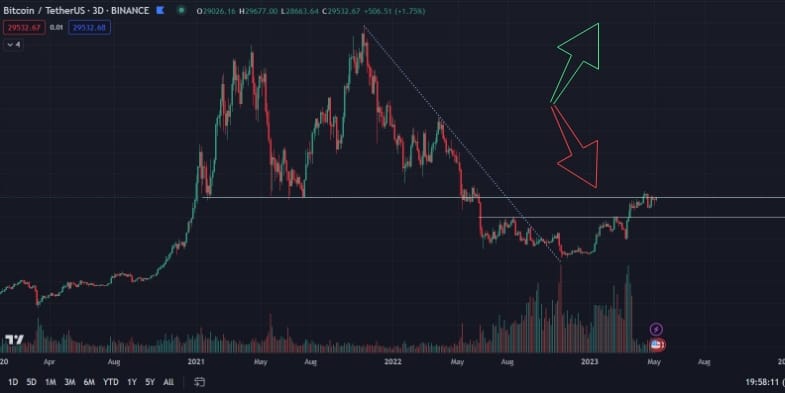Vee Finance is a cross-chain lending platform that allows connections between different blockchains. Vee Finance is built on the Avalanche blockchain, and this is the second attack just on that ecosystem. On Tuesday, September 20, 2021, Avalanche was attacked once again, this time for a total amount of about $36 million stolen in both Bitcoin (BTC) and Ethereum (ETH).
How was the attack carried out?
On September 20, 2021, the Vee Finance team saw a large number of unusual transfers, which they reported on their Twitter account. The information also included the address that was attacked as well as the address where the hacker was sending the funds. Following these events, Vee Finance suspended smart contracts to ensure the safety of other users. Furthermore, the platform addressed another Tweet directly to the hacker:
“Dear Mr/Ms 0x**95BA”,
VEE Finance team here, we are ready to launch a bounty program for the bug you identified. Please contact us via email or other preferred contact.”
After the incident was published, the value of Vee Finance’s native token dropped from a maximum of $0.235 to a minimum of $0.087 before finally stabilizing at half of its original value.
Has Vee Finance fixed the problem?
For now, there is no information on whether Vee Finance has dealt with the attack. What is known, however, is that the team is constantly working to ensure that the assets of its users are properly secured, and it is also maintaining a proactive stance.
As we mentioned, this is the second attack on the Avalanche blockchain, and one of many on the DeFi space. DeFi is an acronym for “decentralized finance” and describes the area of financial services performed on blockchain. What kind of services are they? The same as those offered by banks, such as taking out loans and earning interest.
While DeFi is an important alternative to Wall Street, the area has unfortunately been hit hard recently with many hacking incidents. This shows that there are serious security flaws in DeFi protocols that are constantly overlooked by companies providing financial services.






